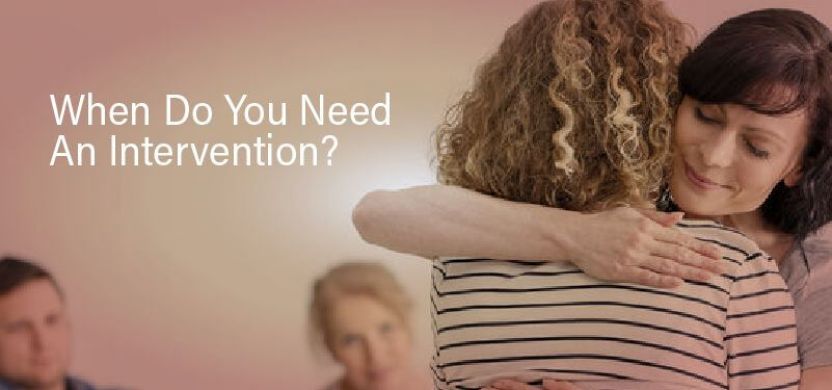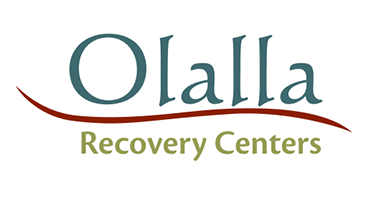
11 Oct What’s an Intervention and How Does It Work?
One of the most difficult steps for individuals struggling with addiction is to recognize that their substance use disorder is adversely impacting their life — and that they need help fighting this disease. This is where loved ones can play a role. An intervention helps friends, family and even colleagues to rally around their loved one and help the individual recognize that it’s time to address the problem.
You’ve probably heard of interventions but if your knowledge is based on Hollywood portrayals, let’s bust some myths first. Unlike the “made for TV” version, a real-life intervention takes time, resources and commitment. Prepare to be patient.
Unless your family resources are unlimited, your loved one will not be jumping on a plane and jetting off to some far-flung locale the next day. First, an interventionist may not be immediately available in your area. Once you find one, it will likely take a series of sessions before the individual is ready to seek treatment and find the right program.
Additionally, if insurance is involved, there will likely be significant approval obstacles to navigate. And if your loved one has a job and wants to take a leave of absence, the employer may have a procedure in place to approve it.
How an intervention really works
The goal of an intervention is to help an individual experiencing addiction to recognize the consequences of substance use, accept the idea that treatment is necessary, and create a commitment to enter a long journey to successful recovery. This process needs to happen under the guidance of a professional who understands addiction and can also present information in a factual, neutral and respectful way.
The intervention process helps you — the family and loved ones — as much as it helps the affected individual. You will gain a better understanding of the disease and its progression, the resources available and the steps to expect.
There are several intervention models, and the interventionist will explain the different approaches when you first reach out. One of the most successful and common methods, called the Johnson Model, entails a series of two or three meetings with the individual’s friends, family members and colleagues.
The purpose of the meetings is to educate those who will be part of the intervention, as well as to set the strategy and plan for the actual session with the loved one. While the ultimate goal is to approach the individual experiencing addiction, a lot of initial work goes into helping friends and family agree on how best to approach the intervention.
Is an intervention necessary?
Often times, individuals experiencing addiction are reluctant to seek help. Even when they recognize that there is a problem, the fear of stigma or other reason may be holding them back.
When family members and friends come together out of love and concern to strongly encourage their loved one to seek treatment, it could serve as the catalyst for starting the healing process.
You may need to help open the individual’s eyes to the consequences of the addiction, from adverse health, to family breakup, to job loss due to poor performance. When done in an unyielding but caring manner and under the guidance of a trained professional, intervention can be the first step to recovery.
If you think your loved one could benefit from an intervention, contact our interventionist at Olalla Guest Lodge, 253-857-6201. We will provide you the information you need to get started, along with resources available in the community.


